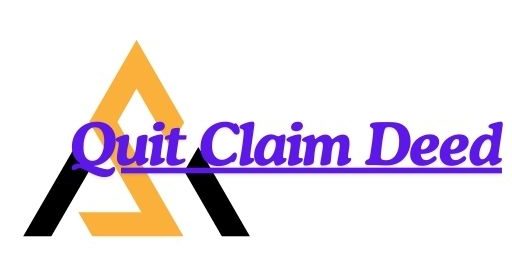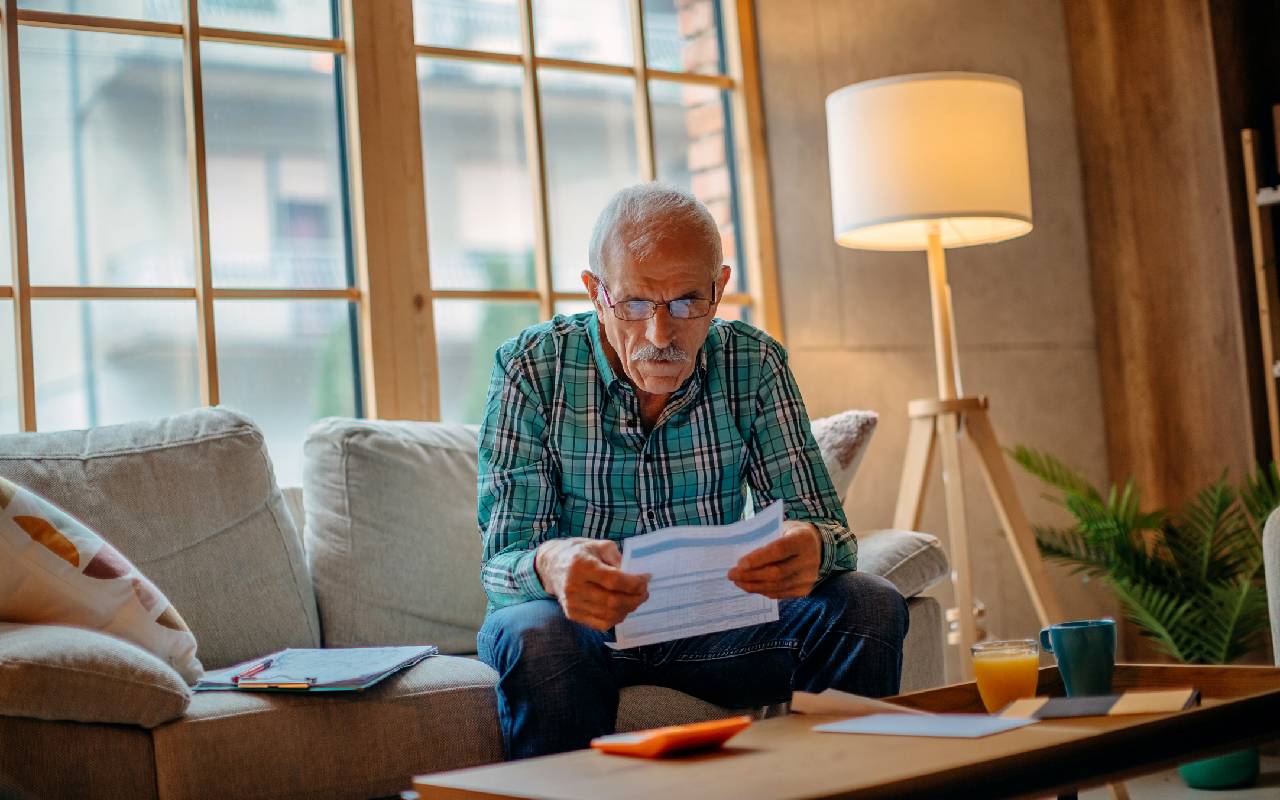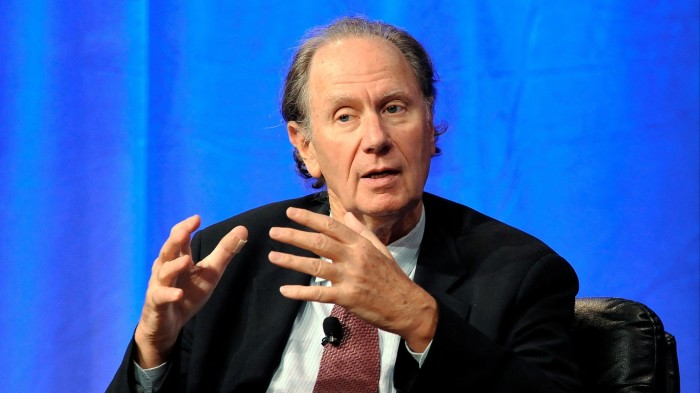More and more retirees are relying on the equity in their homes to pay off debts and perhaps create a nest egg for retirement
Editor’s note: This article is part of our “Debt Free” series, a Next Avenue initiative made possible by a grant from the RRF Foundation for Aging.
Growing numbers of older Americans are tapping the equity in their homes to pay off high-interest debts or cope with an unexpected medical bill or other financial setback. At the same time, more people aged 65 and older are entering retirement while still paying off first mortgages used to buy their homes.
As a result, the percentage of people aged 65 and older who are carrying some kind of mortgage debt — including home equity loans and home equity lines of credit as well as first mortgages — rose to 41% from 24% between 1989 and 2022, according to the Joint Center for Housing Studies of Harvard University.
Among homeowners aged 80 and older, the share carrying mortgages ballooned to 31% from 3% in that same period.
Older Americans “have run out of other options,” said Greg McBride, chief financial analyst with Bankrate.com, a personal finance website. “Home equity often becomes the default piggy bank.”
Home Equity Loan Options
There is a range of ways to access home equity, including a cash-out refinancing of the primary mortgage, a home-equity loan, a home-equity line of credit and a home-equity conversion mortgage. HECMs, which are insured by the U.S. Department of Housing and Urban Development, are the most common type of reverse mortgage.
“We didn’t know how we’re going to live.”
Consider Bill and Carol Chambers of West Chester, Pennsylvania. The couple, both aged 72, decided about six months ago, after several financial setbacks, that a home equity conversion mortgage was right for them. Carol applied for Social Security when she was 62 and Bill did the same when he was 66. They have essentially been living on their combined benefits of about $40,000 a year ever since.
“We didn’t know how we’re going to live,” said Bill. “We want to have the wherewithal to take care of ourselves and hopefully to be able to leave something to our three children.”
Carol was reluctant to tap the equity in their home at first, but overcame her reservations when she learned more about HECMs. “You’re reducing the equity in the home but you can pay it back,” Bill said. “There are so many safeguards and you have to keep paying your (property) taxes.”
Covering Costs Later in Life
Bill and Carol, who have been married more than 40 years, have lived what he describes as “a middle kind of lifestyle.” He said their financial difficulties began when he was downsized at age 44 from his sales and marketing analyst position with a dairy company in Pennsylvania. He had a company car, owned his own home, had a “pretty good income” and health insurance from 1987 to 1996.
He went to work in his brother-in-law’s waste water business, but never earned as much as he did at the dairy company. She worked as well, as a school bus driver among other jobs.
“Tapping home equity can help cover some of the costs associated with later life,” said Jennifer H. Molinsky, director of the Housing and Aging Society Program in the Joint Center for Housing Studies at Harvard.
“You have a nest egg you could tap in retirement, (yet) most people don’t want to tap it,” she added. “They want to keep it for an emergency or to pass along to their children.”
According to the Harvard Center’s “Housing America’s Older Adults” report, older Americans with lower incomes tend to have less home equity, and it’s typically a larger share of their total wealth.
In addition, many older adults are living on fixed incomes. In 2021, nearly 11.2 million of them were “cost burdened,” meaning they spent more than 30% of total household income on housing costs, an increase from the 9.7 million in 2016, the report said.
Vast Assets, Undisturbed So Far
Home equity can be older adults’ largest asset when they approach or are in retirement. Baby boomers — people born between 1946 and 1964 — are “sitting on more home equity than we’ve seen before,” Bankrate’s McBride said.
“It’s not cheap to borrow against home equity.”
But many are reluctant to tap that reserve. With mortgage interest rates at 6% or more, as they are now, a cash-out refinance is not as attractive as it was in 2021 when mortgage rates were in the 2% to 3% range and monthly payments were roughly half what they are today. “It’s not cheap to borrow against home equity,” McBride said. “There is no longer the low-cost source of borrowing.”
Interest rates are even higher on other products borrowers could use to tap the value locked in their houses. Rates on home equity loans average 8.35%; on home equity lines of credit, the average is 8.68%.
Still, people can take comfort knowing the cash is accessible in a pinch. “Home equity can prove to be a lifeline for those with a significant amount of asset in their home,” McBride said.
Borrow from Your Future Self
Bill and Carol Chambers had moved into her mother’s home in 2016 to care for her mother, and inherited the mortgage-free two-bedroom, two-bath house when she passed away in 2021.
When they took the HECM, an appraiser valued the house at $340,000. The Chambers were able to access just under $100,000, and then used $15,000 of it as “catch up and reserve.” They left $85,000 untouched for now, Bill said. Their homeowner’s maintenance fee is $1,700 per quarter and they don’t have a car payment.
Don Graves, an adjunct instructor of retirement income at The American College of Financial Services in King of Prussia, Pennsylvania, explained how a HECM can take some of the financial pressure off Americans who are at least 62.
“Your home can be turned into a cash reserve,” Graves said. He is quick to point out that a HECM is “not for everyone.” Only about 20% of those he speaks with actually move forward.
“With a reverse mortgage you still own the home, and your name stays on the title,” he said.
Assuming the owners continue to live in their house until they pass away, the heirs may inherit the house with the reverse mortgage on it. They can refinance the property or, most commonly, sell it and use the proceeds to pay off the reverse mortgage, Graves said. The heirs can then “pocket whatever (money) is left,” he said.
Reverse Mortgages Are Not for All
If you are aiming to use your home equity, Graves recommends checking all your alternatives. For example, if you need a new roof on your home, he said, a reverse mortgage is not your first choice. “It’s not a single-use tool.”
Further, a reverse mortgage requires you to live in the property, keep current on your property taxes and homeowners insurance, and maintain the property. Failure to do these four things can lead to losing the property, Graves said.
For homeowners sitting on thousands of dollars of home equity, “it’s a place to go,” said Bankrate’s McBride. “Look at why you’re taking that equity. If it’s for toys and trips, it’s not a good thing. If it’s for normal living expenses, that raises a red flag.”
If you need to maintain your home — put on a new roof or fix windows, a home equity loan or home equity line of credit can be a solution. A good credit score such as 760 and reliable income can get you a better rate.
Don’t Squander Your Equity
It’s important to evaluate your entire financial situation before you consider tapping your home equity. The greatest risk is “if people are using home equity to subsidize a lifestyle they really can’t afford,” said Jack Channel, senior economist at LendingTree, an online lending marketplace. His advice: Don’t do it. “You’re only going to dig yourself into a deeper hole.”
Bill Chambers has few illusions about taking out a HECM. “Perhaps the only downside would be if you spend more (equity) than you really should,” he said. “Or you don’t take care of your house, and you don’t pay taxes and insurance.”
Other risks? “The housing market could take a dive like it did some years ago,” he said. “There’s no guarantee. The housing market could crash.”
The house could be worth only half as much as it was when he borrowed against it. “That would be tough,” he said.





